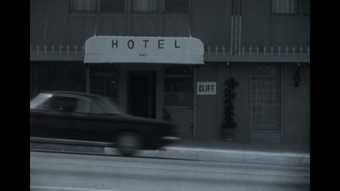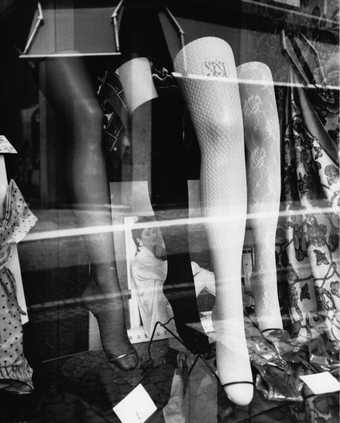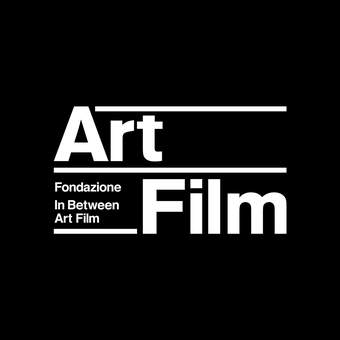Join us for the first UK presentation of the films and videos of late American artist Marcia Hafif. Best known for her monochrome paintings, Hafif's films offer a different view of her practice, exploring duration, movement, autobiography, and gender.
The series opens with a programme considering the relationships Hafif’s films forge with painting and photography. These arise through her use of motifs, and her restrained use of the camera.
Her first Super 8 films were made in 1970 when she decided to pause her painting practice and try new media. They track subtle movements within the frame – a cloud morphing in the sky, people meeting in a car park, drivers passing by a hotel entrance.
In the 1990s, Hafif began using video. Two key works made in Vienna transform her photographs of women’s shop window displays into a video narrative, set to music by Erik Satie.
Programme
Introduction to Marcia Hafif by co-curator Sebastian Schneider
Clouds, United States, 1970, Super 8 film transferred to digital video, black and white, silent, 4 min
Colony Kitchen, United States, 1970, Super 8 film transferred to digital video, black and white, silent, 7 min
The Clift Hotel, United States, 1970, Super 8 film transferred to digital video, black and white, silent, 7 min
Vienna Suite, Austria, 1999, SD video, black and white, sound, 20 min
Biography
Marcia Hafif (1929–2018, United States) was an artist primarily working in painting, whose practice also included photography, film, installation, sculpture and writing. Her works range from formal studies of colour to feminist texts, architectural plans and organised language exchanges.
The Marcia Hafif: Ideal Women series forms part of Tate Film’s Pioneers strand. It is curated Sebastian Schneider and Tate Film.

Marcia Hafif The Clift Hotel 1970, film still. Courtesy the Estate of Marcia Hafif and Fergus McCaffrey, New York


